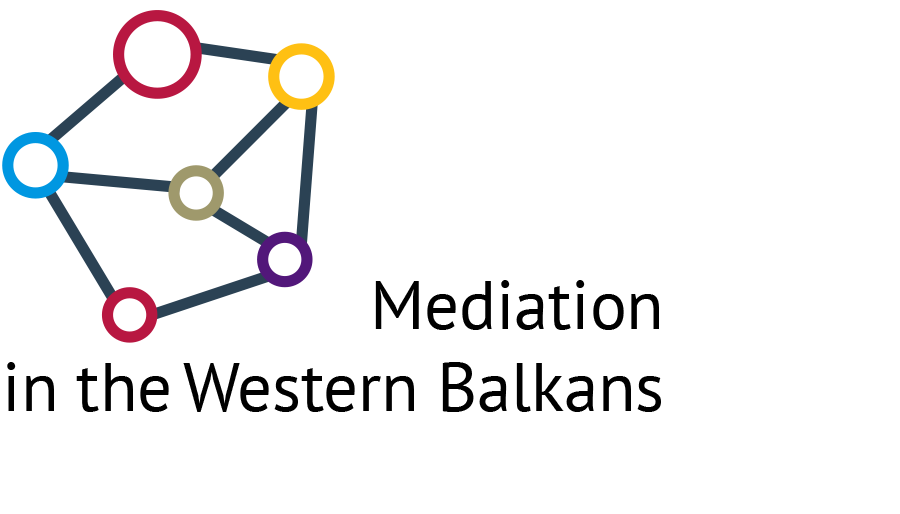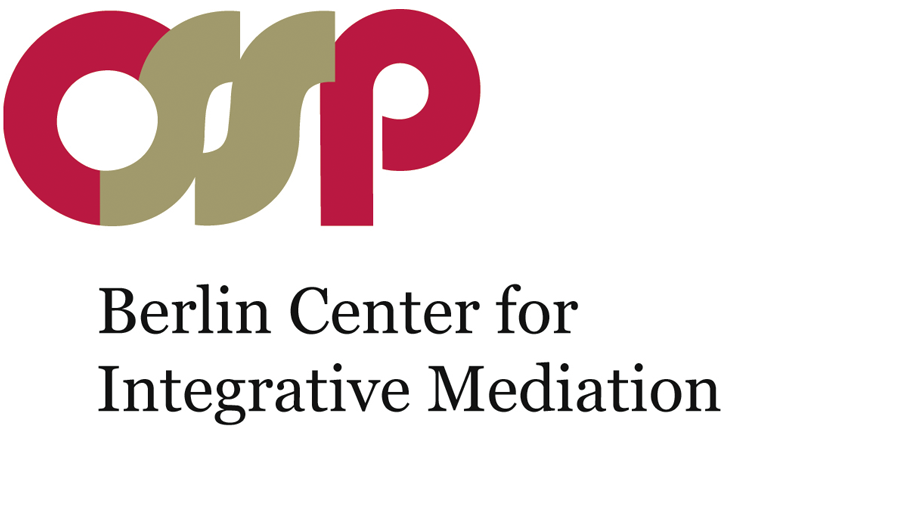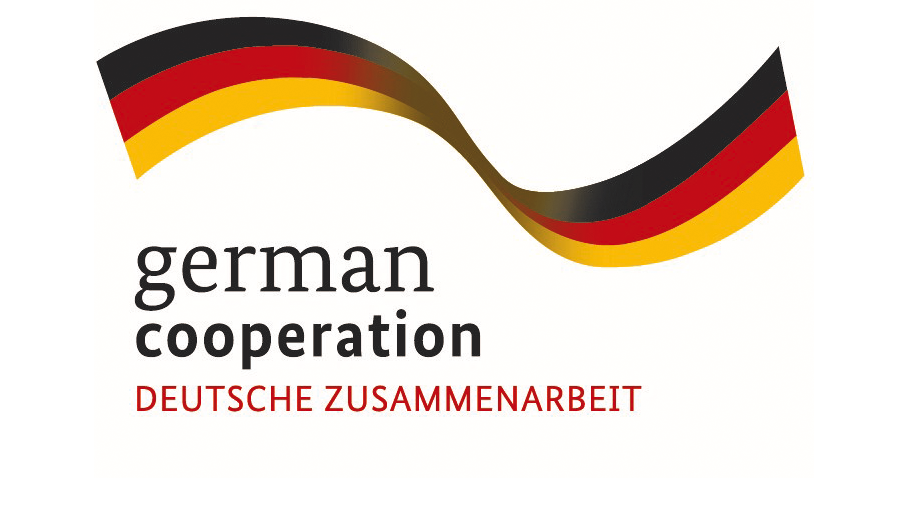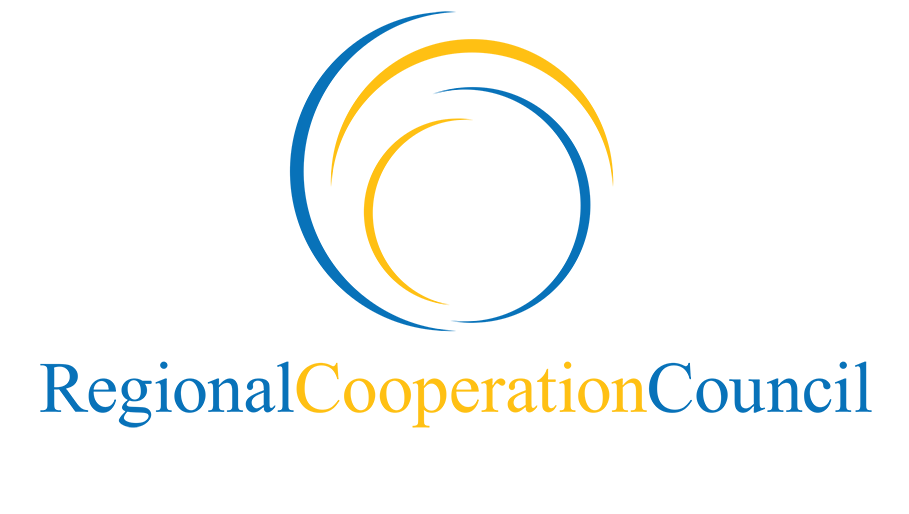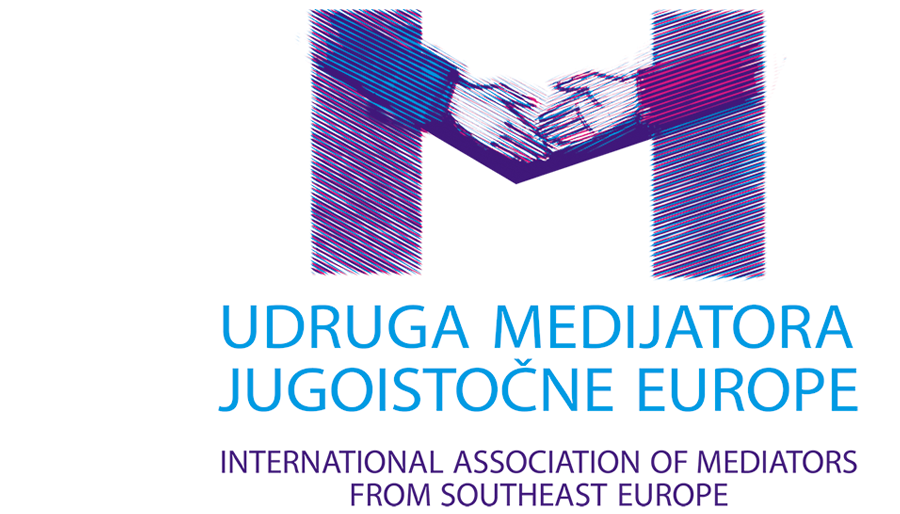Conclusions and Recommendations 2023
SEE Regional Conference “Mediation in the context of the EU Accession” Skopje, 11-12 December 2023
SEE Regional Conference “Mediation in the context of the EU Accession” organized by Regional Cooperation Council (RCC) and CSSP Berlin Center for Integrative Mediation (CSSP) was held in Skopje, 11-12 December 2023.
The Conference gathered the representatives of Ministries of Justices, Judicial Councils, Mediation Associations/Chambers and Prosecutors offices from Albania, Bosnia and Herzegovina, Kosovo[1]*, Montenegro, North Macedonia, Serbia, Moldova, Cyprus and Greece to discuss the role of mediation in the justice systems, especially in the context of the EU Accession and the rule of law being one of the key priorities and hereby, mediation having the great potential as a substantial aspect in the chapter 23&24 of EU acquis.
In the opening remarks, on behalf of the organizers, Mr. Amer Kapetanović and Mr. Christoph Lüttmann, welcomed the participants and stated that regardless of the promotion of mediation and high workload of cases in the courts, mediation remains little used as an alternative way of resolving disputes. Because of this, it is very important to exchange experiences and ideas and get the inspiration from each jurisdiction, bringing together key actors to support the entire ecosystem.
As Ministries of Justices are playing the crucial role in the entire system, Ms. Radica Lazareska Gerovska, State Advisor, on behalf of the Ministry of Justice of North Macedonia stated that this Conference is a matter of significance for all jurisdictions in the region that aspire to be part of the European Union and are facing a lot of challenges, and that’s why it is very important to hear the experiences from those, but also from Greece and Cyprus already being part of the EU. Furthermore, Ms. Lazareska Gerovska mentioned that it is important to unburden the judiciary and let the courts decide on the most important cases and that the Ministry of Justice of North Macedonia is fully engaged in creating activities to promote and further develop mediation.
About the role of mediation regarding EU Accession, Ms. Anna Vezyroglou from DG NEAR, the European Commission informed participants of the Conference that mediation is core of the work of the European Commission and that Commission is reporting a lot about ADR, especially mediation. However, she informed the participants that in the Western Balkans, over 90% of businesses have never used mediation (according to CEPEJ’s data). Ms. Vezyroglou emphasized that there is an urgent need to improve the provision of ADR and to identify challenges and best practices.
After the welcome address, working sessions and panels followed during the first and second day of the Conference, providing space for the discussions among the key actors within the jurisdictions, but also the space for the regional exchange.
Main conclusions and recommendations that emerged from the discussions are:
Conclusions
- Mediation is playing an important role within the EU Accession Processes and regularly becoming a part of the EU Annual Reports under Chapter 23&24, for example in the report for 2022 for Albania, the Commission mentioned that: “Alternative dispute resolution methods continue to be limited and need to be reinforced. Awareness of citizens about the alternative dispute resolution service is low and needs to be improved“ for North Macedonia: „Work is needed to continuously promote mediation and the use of other alternative dispute resolution methods, including through the relevant chambers, the Academy for Judges and Prosecutors and the Association of Judges“; or for Kosovo* where mediation and alternative disputes resolution is mentioned many times, also in the context of reducing backlog of cases;
- There are positive reforms and attempts for promotion and incorporation of mediation in many jurisdictions, but still a lot of challenges and opportunities;
- Through judicial reforms and vetting process (currently in Albania and Moldova) there are consequences which are, among others, reflected in the lack of the human resources and there is a great potential for use of mediation, as a support to the judiciary systems;
- Mediation is not much used in criminal cases, but there is a considerable potential of use of mediation in those, especially when it comes to smaller criminal cases;
- Mediation can greatly be used in the labor disputes (in North Macedonia there is a conclusion of the government bodies to use mediation before court proceedings which resulted with a success; in 2020 with the new law – mediation in labor disputes was introduced in Montenegro);
- There is a lack of awareness among the judges, who are often not familiar with mediation and mediation skills, so there is a need for more collaboration between judges and mediators;
- Guides could help the courts and prosecution offices to refer cases to mediation (positive examples from Kosovo* where the judge present at the conference stated that he personally referred over 100 of cases to mediation);
- In many jurisdictions there is no multi-sectoral and multi-institutional approach when it comes to mediation, and there is a need for synchronization;
- Among jurisdictions, there are already in place positive experiences regarding monitoring and collecting mediation data, but in many it is still a challenge.
Recommendations:
- When it comes to the EU Annual reports, there is a potential of reporting more on mediation, by the governments;
- In many jurisdictions there is a non-compliance of the legislation with the Laws on Mediation, but also a non-compliance with the EU Acquis Communautaire, so there is need for further harmonization;
- There could be more promotion of mediation in the disputes regarding Consumer protection;
- Within the jurisdictions that are undergoing through justice reforms and vetting processes, promote mediation as an alternative to the courts;
- Promote resolving of disputes through mediation in appropriate types of the criminal cases and provide mediation trainings to the prosecutors;
- Within the labor disputes, there is a great potential of use of mediation, which proved to be successful in some jurisdictions;
- Improve the proactive role of judges and foster the collaboration between judges and mediation actors;
- Find an effective tools for monitoring and measuring the quality of mediation and mediators;
- Develop guidelines for courts and prosecution offices which would support in the referral of cases;
- Synchronize and improve multi-sectoral approach;
- There are different experiences and examples in collecting of the mediation data. However, many jurisdictions are still struggling with finding the way to collect the data, which proven to be very significant, especially when it comes to transparency, monitoring and promotion. According to that, there is a need and space for making unified and public databases, to increase the transparency and promotion;
- Regional cooperation proven to be useful and inspiring for the main stakeholders when it comes to mediation, so there is a need for fostering the regional exchanges among mediation and judiciary actors.
[1] This designation is without prejudice to positions on status, and is in line with UNSCR 1244/1999 and the ICJ Opinion on the Kosovo declaration of independence
